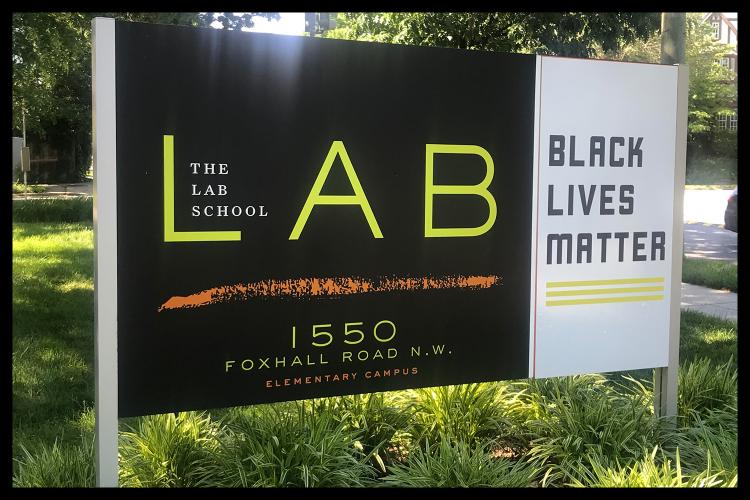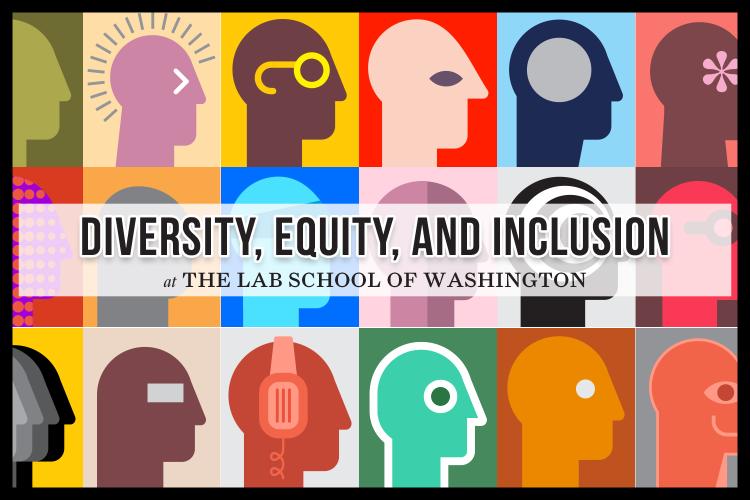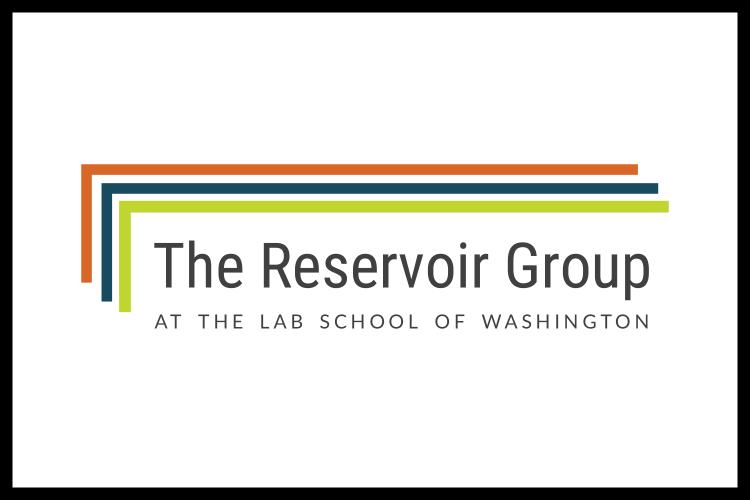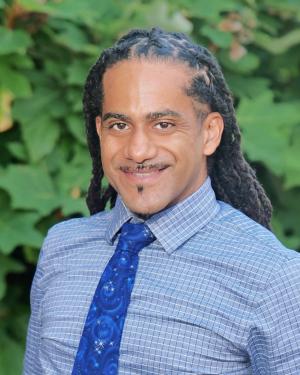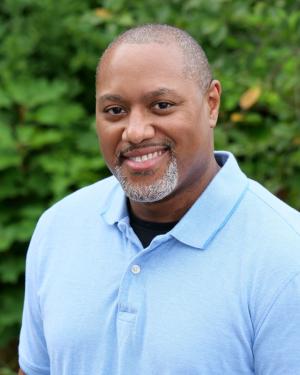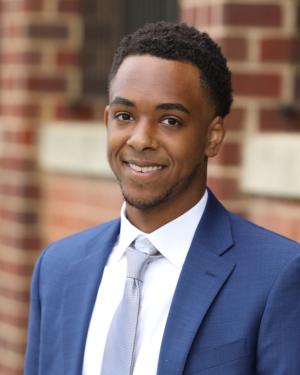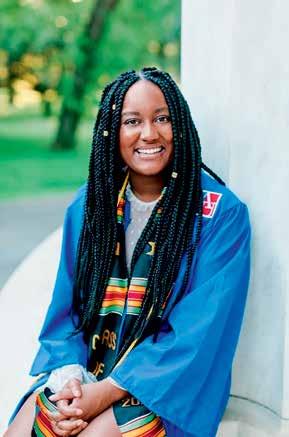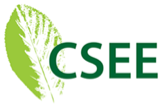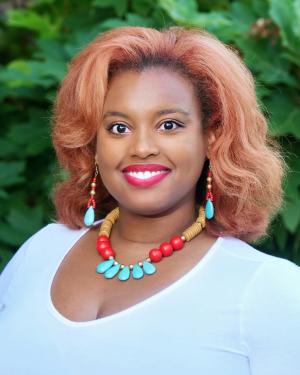
High School History teacher Jewell Watson-Hellkamp is a doer. Although she claims to be an introvert by nature, her enthusiasm and zeal
for teaching, activism, and well, life, seem inexhaustible. Two days before starting at Lab, Ms. Watson-Hellkamp got married and within a month was not only rocking it in the classroom, teaching Ancient World History to her ninth grade classes, but suddenly, she was also appointed advisor for the High School’s Diversity Club. Clearly, she is a juggler as well.
While Ms. Watson-Hellkamp was earning her Bachelor of Arts in History at the University of Maryland, she took a job in data entry at The Art Gallery, one of the college’s four art galleries, that specialized in contemporary art. Within two years, she became assistant director at the gallery and discovered her favorite part of the position involved the weekly educational program she led on topics such as Surrealism and Neoclassical Art at local public and private schools located in the DMV area. “Originally, I was not a fan of Contemporary Art, but working with students gave me a new appreciation for it,” she says. “I would develop projects and presentations that tied contemporary art to concepts I cared about and suddenly found doing so more fulfilling than developing and promoting exhibitions or supervising gallery staff.”
After graduation, she said she needed to make a decision between a career in the art world or in education. She chose the latter. For one year, she taught 27 kindergartens with learning differences with one co-teacher. “One year was enough! I realized 5-year-olds were going to kill me, so I set my sights on teaching older kids next,” she says. “My next position was a blessing in disguise. Sure, it was difficult, but any job that followed would seem easy!” Ms. Watson- Hellkamp taught ninth through twelfth graders for three years at an alternative school in Prince George’s County that focused primarily on students with behavioral and learning differences.
Ms. Watson-Hellkamp loves Ancient World History. “It’s my jam,” she says. “I love emphasizing the voices that have been traditionally marginalized. The issue is that kids are so far removed from Ancient World History. I love finding ways to relate modern day events with ancient ones. When my students start to take off their modern lens, well, we have a lot of ah-ah moments in class.”
Her interest in Ancient World History definitely overlaps with her passion and commitment around issues of diversity, equity, and inclusion (DEI). The school’s first Diversity Club grew into the Council of Equity and Social Justice, which combines other clubs she either founded or advised over the years, such as Let’s Support Women (LSW) and the Gay Straight Alliance (GSA). In addition to being a co-advisor for the Council, she also serves as the High School’s DEI coordinator, which includes running the division’s Affinity Groups. “I am incredibly proud of being invested in supporting Lab with its growing DEI programming. Quite honestly, it feels like there’s a conscious pivot away from the ‘White ally-ship’ model in favor of ‘White co-conspiratorship’ [White people who are willing to put their own safety on the line to support and center Black, Indigenous, and peoples of color and other historically marginalized groups] instead. I have amazing and genuine conversations with many of my White colleagues. Although we still have a lot of work to do, I feel encouraged that the school, as a whole, is truly working toward making The Lab School a more equitable community with a curriculum that reflects the experiences and histories of all people”
What does Ms. Watson-Hellkamp— who also co-teaches Freshman Seminar—enjoy most about working at Lab? “The students, the content, and the relationships with my colleagues,” she says. “I have incredible ‘work wives’, ‘work brothers’ and veteran teachers and staff members that I simply adore. We’ve laughed, collaborated, shared our ups and downs, as well as our challenges and passions. They’re more than just friends at this point and will always be more like family.”
